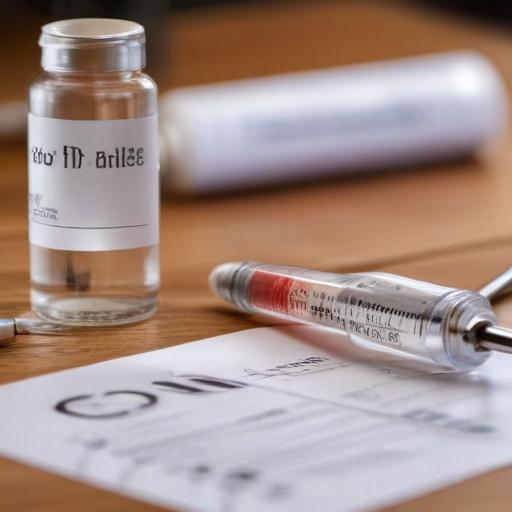The Food and Drug Administration (FDA) has granted approval for the Novavax COVID-19 vaccine, albeit with stringent conditions. This decision comes after a lengthy four-year clinical trial process. The vaccine will only be accessible to older adults and individuals aged 12 and over who possess at least one medical condition that places them at elevated risk from COVID-19.
This restrictive approach appears to answer ongoing discussions among advisers at the Centers for Disease Control and Prevention (CDC) regarding whether COVID vaccines should target solely the most vulnerable populations. As a result, healthy adults under 65, who might wish to receive the vaccine to protect immunocompromised loved ones, will not have the option to obtain the Novavax vaccine. This limitation raises concerns about the potential vulnerability of this demographic should a more severe variant of COVID emerge.
Critics have voiced apprehensions that these restrictions stem from the vaccine skepticism exhibited by Health Secretary Robert F. Kennedy Jr. Notably, Dr. Camille Kotton, an infectious disease physician and former CDC adviser, expressed her disappointment over the decision, questioning the rationale behind restricting access. She characterized this development as a troubling moment in American healthcare.
Previously, the Novavax vaccine was only permitted for emergency use, while vaccines from Pfizer-BioNTech and Moderna received full FDA approval in 2022. The latter companies are currently working on updated formulations of their vaccines for the upcoming fall season.
In light of the ongoing debate about vaccine access and the implications of such restrictions, it’s important to continue prioritizing public health while ensuring that all individuals have the opportunity to choose vaccination for themselves and their loved ones. The situation underscores the need for ongoing dialogue and assessment of vaccination policies as we move forward.
